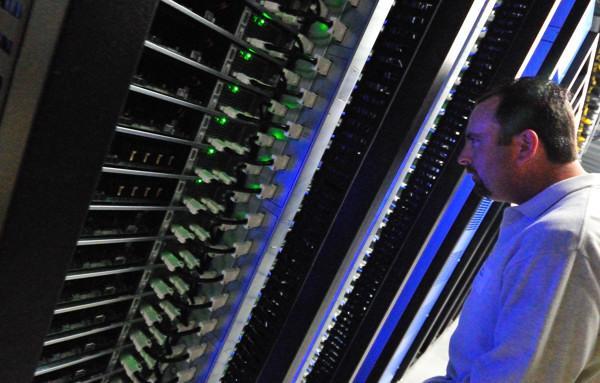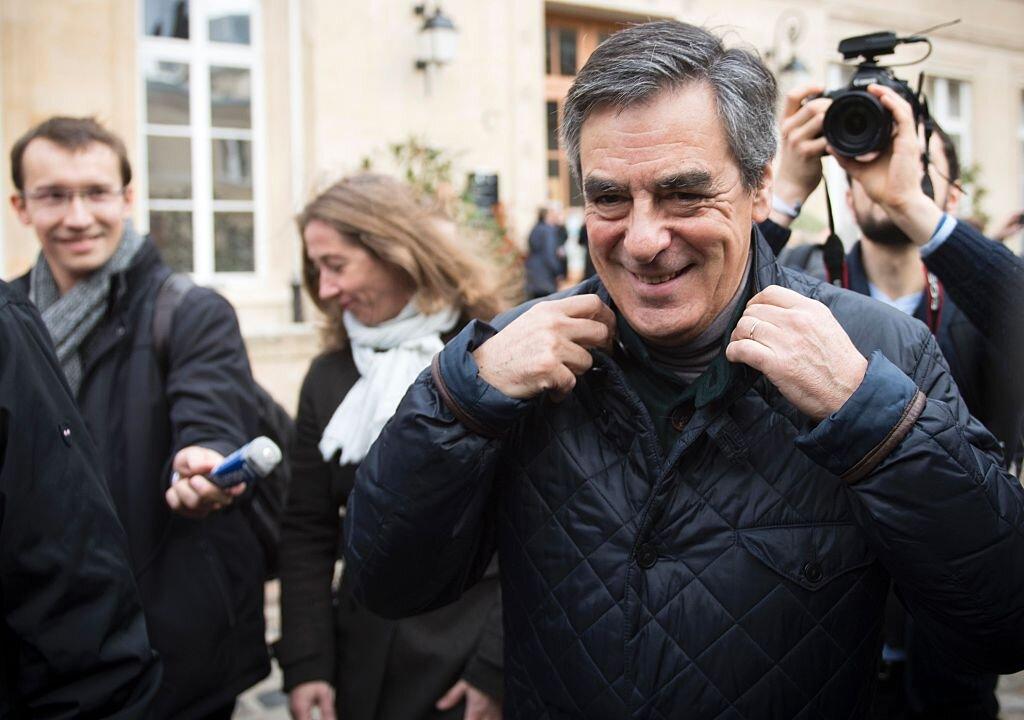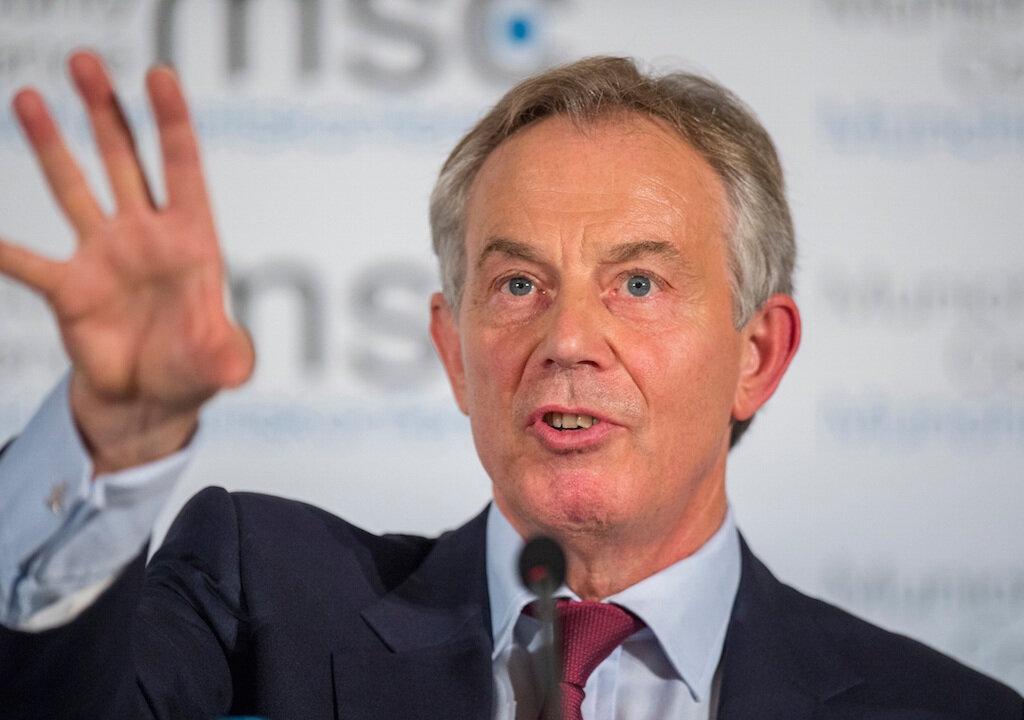Following the double suicide bombing in Volvograd last month and the outbursts of violence that have killed and wounded several members of Russia’s security forces in the North Caucus region of Daghestan over the past weeks, Russia’s security forces are on high alert. Authorities fear that terrorists may target the upcoming Winter Olympic Games in Sochi next month, in which Russian President Vladimir Putin has a great personal and political stake.
But civil liberties activists now fear that Russian lawmakers are taking advantage of Olympic security concerns to push through tough new anti-terror legislation that would increase government surveillance powers and put in place restrictions for websites operators.
Russia’s Duma, the lower house of the country’s legislative body, is currently considering three pieces of legislation. Two of the bills concern government surveillance powers. One creates strict new requirements for website operators, obliging them to report on the minute details of user activity, while another revises penalties for terror-related crimes.
The third bill sets new restrictions for individuals and organizations accepting anonymous donations through their websites using online payment services such as PayPal. Critics say that this measure in particular could have dire consequences for small civil society groups that solicit donations online, including anti-courruption and civil rights groups highly critical of Putin’s government.
While the legislation puts no new restrictions on non-anonymous payments, many in Russia will only donate to civil society groups if they can do so without alerting authorities to their oppositionist leanings. Some have even argued that the reforms are designed not to fight terrorism, but instead to force civil society supporters, “into the open.”
Arkady Babchenko, an activist blogger who runs a civic group called “Journalists without Intermediaries,” published an emotional blog post on Echo of Moscow in which he fatalistically wrote; “now I can close down the project with a clear conscience.” Internet activist Anton Nosik wrote on the blogging platform LiveJournal that, “Russians who order pizzas online costing over 1000 rubles run the risk of being labelled terrorists.”
Opposition parties also worry that the new measures may help the government clamp down on their fundraising capacities. Research published on Global Voices, an international network of bloggers, translators, and citizen journalists, showed that the new restrictions would have had a sizable impact on Alexey Navalny’s August 2013 Moscow mayoral campaign.
The dark horse opposition candidate, who stunned Russia’s ruling political establishment by taking 27,2% of the vote, largely funded his anti-corruption crusade through online donations. According to Global Voices, Navalny’s public audit of his online donations shows that a sizeable number of the transfers were well above 1,000 rubles.
The Russian newspaper Vedomosti quotes sources reporting that work on the bills has been underway for quite some time, drafted in closed meetings with representatives of the country’s security apparatus, but that the recent string of violence in the country has accelerated the process. Several of the bills’ most powerful sponsors are former high-ranking officials in Russia’s security services, including a former prosecutor, two former FSB agents (formerly known as the KGB), and a former deputy chairman of the ominously named Information Policy Committee.
The national outcry over the new legislative proposals also comes as the government seeks to significantly step up its surveillance capabilities. The Russian Federal Protective Service (FSO) is currently considering proposals for a multi-million dollar public tender launched last year for a super-computer that monitors the country’s news and social media and produces detailed reports tracking political attitudes in the country.





